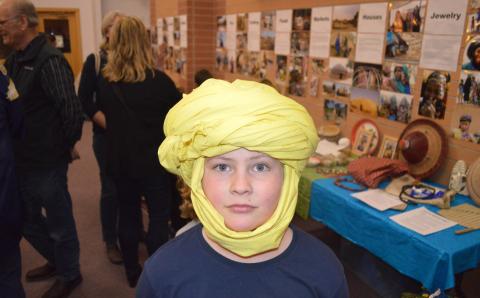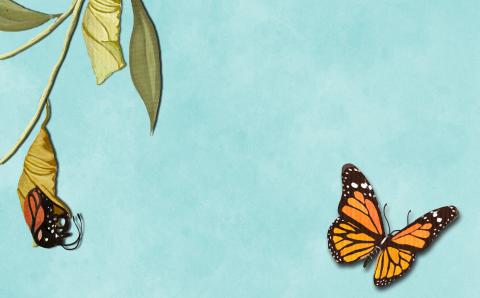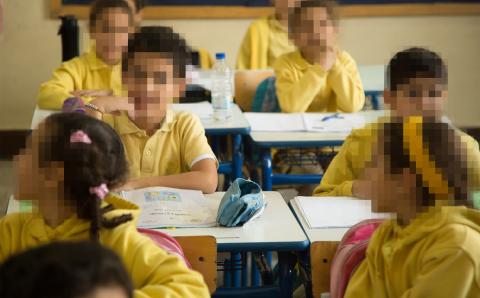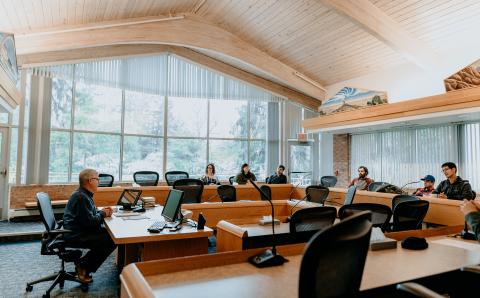As I write this review, we are in the midst of a tumultuous time in American politics. I can barely scroll through my Facebook feed without being faced, at every turn, with rampant and ugly tribalism.
This is why Belinda Bauman’s book on empathy is so important. You might think you don’t need it; after all, you are a nice person who cares about others, right? I thought the same thing. But after reading Brave Souls, I am convinced engaging in empathy is crucial, for myself and a contentious, divided world.
Empathy is on the decline, says Bauman.“The University of Michigan conducted a study analyzing levels of empathy in more than fourteen thousand U.S. college students over three decades,” she writes. “The results were alarming. A whopping 75% cared significantly less about others than the same demographic just thirty years before.”
Yet the world needs it—badly. The good news is we can learn and develop empathy as a skill. Like any other skill, empathy has facets to it. Taking the perspective of the other, conflict resolution, and effective listening are all spokes in the empathy wheelhouse. And when that wheel starts turning, we are the winners as well as those around us. “People who are engaging in empathy are smarter, mentally and physically healthier, recover from illness and injury sooner, and have higher self-esteem and trust levels, and live longer,” writes Bauman.
Bauman admits that not long ago she was too comfortable and that beneath her warm and fuzzy personality her soul was checked out to the needs of others. A journalist and humanitarian, Bauman’s spirit began to flicker when she met sexual assault survivors from the world’s most dangerous countries for women: Congo, Syria, and South Sudan. If they who had suffered so deeply could embrace empathy, she could at least try.
With the feeling of a quest, Bauman takes readers from the top of Mount Kilimanjaro to the borders of war-torn Syria, learning empathy as she—and the reader—listens and learns from the bravest women in the globe. Trailblazing neuroscience, a deep faith in Jesus, and absorbing stories of real heroines from across the planet form a colorful mosaic. Brave Souls offers readers space for seeing others' perspectives, listening well, and reimagining conflict. (Bauman brilliantly reframes conflict as a “beautiful collision.”)
The chapter on listening alone is worth the price of the whole book. Most of our listening is ineffective, according to one of many intriguing neuroscientific studies cited. Conversations are more like ping pong matches as we “listen” and formulate our next rebuttal or response at the same time. Most of us only half listen, a serious problem since “listening is our access point to understanding.”
“Often, when our listening begins from the point of self, we aren’t relating to someone else; we’re only relating to our own experiences. Brave soul listening invites others to grow, but self-focused listening reduces the humanity of others.”
This book calls us to exalt the humanity of others, to intentionally participate in empathy—a gritty, potent spiritual discipline with the potential to transform our homes, communities, and nations.
In the words of endorser Idelette McVicker, Bauman has “given us a road map to conquer the biggest mountain in our world at the moment—the distance between us and our 'other.’” And we need that road map more than ever.
(IVP)
About the Author
Lorilee Craker, a native of Winnipeg, Man., lives in Grand Rapids, Mich. The author of 16 books, she is the Mixed Media editor of The Banner. Her latest book is called Eat Like a Heroine: Nourish and Flourish With Bookish Stars From Anne of Green Gables to Zora Neale Hurston.








